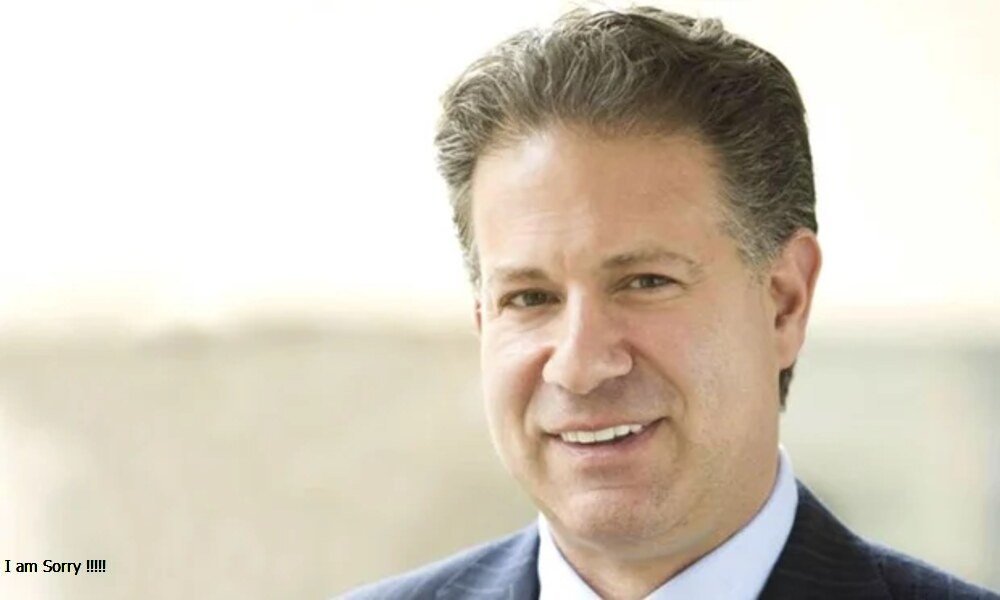Introduction to Tymoff’s Wisdom
In a world that often drives us to chase what we don’t have, the quote “Love what you have, before life teaches you to love – Tymoff” stands as a profound reminder. It’s a simple line that echoes deeply with many people because it captures a universal truth: we rarely recognize the actual value of something until it’s gone. This quote, shared widely across motivational platforms and social media, is not just poetic—it’s a life lesson compressed into a sentence. It calls attention to the importance of appreciating our blessings before we’re forced to by painful circumstances.
We live in an age where speed and progress are prized, yet this has often come at the cost of presence and gratitude. Tymoff’s quote urges us to pause and reflect. It’s a wake-up call to treasure our loved ones, health, time, and everyday moments because nothing is guaranteed to last. Too often, life teaches us through loss, regret, or struggle what we could have valued all along.
Unpacking the Quote: What Does Tymoff Mean?
To understand the message behind “love what you have, before life teaches you to love – Tymoff,” we must dive into the emotional and philosophical core of the statement. At its heart, it speaks to human nature—our tendency to overlook the good in our lives in pursuit of more. This quote captures the essence of preemptive gratitude, the idea of learning to be thankful before circumstances force you to be.
There’s a difference between appreciating something while you still have it and realizing its worth only in hindsight. Tymoff’s quote draws attention to this distinction. It encourages a proactive form of love—loving what is in front of us right now, not just mourning its absence later. That shift from reactive to proactive gratitude can change everything about how we live.
Why Modern Society Struggles with Contentment
The modern world makes contentment increasingly tricky. Social media, advertising, and digital lifestyles constantly bombard us with curated images of perfection—better jobs, happier families, fancier homes, and luxurious vacations. This environment breeds comparison, making it easy to feel that what we have is insufficient.
Consumerism thrives on dissatisfaction. There is always a push to upgrade —the next phone, the newest fashion, the next big thing. Unfortunately, this culture of constant striving creates an illusion that happiness lies ahead, not in the now. Tymoff’s quote rebels against this mindset. It reminds us that true contentment comes not from accumulating more but fully embracing what’s already in our possession.
The Cost of Taking Things for Granted
When we fail to appreciate the present, we often learn its value only through pain. Relationships are a prime example. How usually do we only realize how much someone meant to us after they’re gone? The absence reveals the depth of love we didn’t acknowledge when they were near. That’s what Tymoff warns against.
Taking people, health, or time for granted can have profound emotional and even physical costs. Lost time with a loved one, missed opportunities, unspoken words—all can become sources of regret. The quote serves as both a caution and an invitation: appreciate before you must grieve; love before you must long.
Psychological Benefits of Loving What You Have
Gratitude isn’t just an emotional virtue—it’s a scientifically validated path to well-being. Numerous studies have shown that people who regularly practice gratitude experience higher levels of happiness, lower levels of stress, and even better physical health. Loving what you have rewires your brain to notice the sound, not just the gaps.
Neuroscience shows that gratitude activates the brain’s reward centers, promoting a sense of joy and satisfaction. People who focus on what they’re grateful for sleep better, have improved relationships, and cope more effectively with adversity. Tymoff’s quote isn’t just philosophical—it’s psychologically sound.
Cultivating a Mindset of Gratitude in Daily Life
Gratitude isn’t just a feeling—it’s a habit that can be developed through intentional practice. Start with small steps. Keep a gratitude journal where you write down three daily things you’re thankful for. This simple act can shift your mindset from scarcity to abundance.
Mindfulness also plays a crucial role. Being present allows you to see and feel more deeply. Instead of rushing through meals, savor them. Instead of multitasking during conversations, give people your full attention. These small shifts in behavior help anchor you in the now—and the now is where love and appreciation thrive.
Affirmations and daily rituals can reinforce this mindset. Repeating phrases like “I have enough,” or “I am grateful for today,” helps internalize gratitude. Over time, loving what you have becomes second nature—not something you do after a loss, but something you live by.
The Role of Loss in Teaching Life’s Hard Lessons
Unfortunately, many people only grasp the meaning of Tymoff’s words after experiencing loss. Whether it’s the death of a loved one, the end of a relationship, or a health scare, these moments force reflection. They strip away distractions and reveal what truly matters.
Consider the countless stories of people who, after surviving a critical illness or losing someone close, completely change their outlook on life. Simple joys like morning coffee, a child’s laugh, or a quiet walk become priceless. These experiences highlight the wisdom of loving what you have—before life’s harsh lessons make you realize you should have.
Transforming Your Perspective: From Lack to Abundance
Tymoff’s quote invites us to shift our mental lens from what’s missing to what’s present. This perspective change is essential for living fully. We feel anxious, stressed, and incomplete when we focus on lack. But when we focus on abundance, our mindset changes to peace and fulfillment.
Start noticing the “little” things: the roof over your head, the food on your plate, and the people who care for you. These aren’t little at all. Viewing life through this lens makes you realize how much you already have. This realization brings a deep contentment and silences the endless craving for more.
Applying Tymoff’s Message to Relationships and Personal Growth
Tymoff’s message often hits hardest in relationships. Loving what you have applies intensely to the people around you. Express appreciation, thank you and show affection—not because something terrible has happened but because you value them now. Please don’t wait for a wake-up call to treat people like they matter.
This mindset also fuels personal growth. You stop chasing external validation when you love what you have, including yourself. You nurture your strengths, forgive your flaws, and build a more authentic, grounded life. Tymoff’s quote isn’t just about gratitude—it’s a path to wholeness.
Conclusion: Embrace the Now Before It’s Too Late
“Love what you have, before life teaches you to love – Tymoff” is more than a quote—it’s a guiding principle for living a meaningful life. It challenges us to slow down, look around, and value what is already within our grasp. Instead of waiting for life to teach us through pain, we can live with awareness, appreciation, and love.
By embracing gratitude, we reclaim joy. By appreciating what’s here, we reduce regret. Life is constantly moving, changing, and sometimes taking away. The only way to stay grounded is to cherish what we have while we have it. That’s the timeless truth Tymoff offers us. Let’s live by it—starting today.















